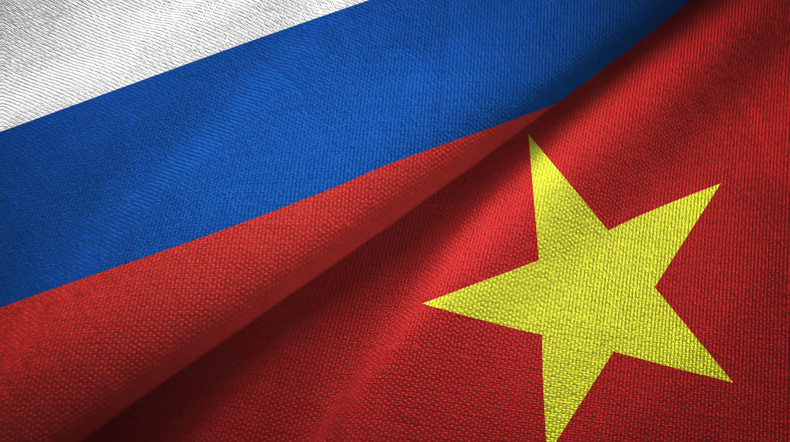
There is a new Russian–Vietnamese plan to bring the learning of Russian back to Vietnamese schools, despite English and Chinese being the most popular world languages in the country. In a joint statement issued at the end of Russian president Vladimir Putin’s visit to Hanoi in June, a plan to bring the Russian language back to Vietnamese schools was announced. While some Soviet-trained academics in Vietnam welcomed the plan, others questioned its feasibility.
The general opinion is that it is unlikely that Vietnamese students will show much interest in learning Russian, as they now prioritize English and other foreign languages, particularly Chinese, which offer them better job opportunities and prospects for studying abroad.
Since Vietnam’s adoption of economic reforms in 1986, English has become the most popular language for education in the country. It is also the primary foreign language of choice for international trade, state administration, and diplomacy in Vietnam. This was reinforced by a government circular issued in January 2014, which requires all candidates for civil service to have a minimum proficiency level of A2 in English (which is equivalent to 400 TOEIC or 3.0–3.5 IELTS).
In addition to English, Russian also faces competition from other foreign languages in Vietnam. Currently, it lags behind not only English but also Chinese, Korean, Japanese, and Spanish, which are the top five foreign languages sought after by employers in the country. The growing popularity of Chinese is particularly noteworthy, as it has surpassed Russian and may even challenge English’s top spot in certain localities and business sectors due to the high demand for Chinese-speaking staff. Last September, VietnamWorks, a recruitment website, reported that students with Chinese proficiency had a nearly 100% chance of securing a job after graduation.
Historically, the teaching of foreign languages in Vietnam has been tumultuous, influenced by the political and economic climate in Hanoi as well as its foreign relations. During the Maoist era (1955–76), Chinese was a popular language in North Vietnam’s colleges, while French and English were discouraged, as they were seen as languages of Western imperialism. However, after the Sino-Vietnamese border war in 1979, the Chinese language was banned. In its place, Russian was promoted. Soon afterward, Vietnam’s economic opening and the demise of the Soviet Union prompted the decline of Russian and the concurrent rise of English, as well as Korean and Japanese. In 2023, the Vietnamese Ministry of Education rejected rumors that it was “replacing English with Chinese” in schools to quell nationalist sentiment. Ongoing disputes in the South China Sea between Vietnam and China have caused some Vietnamese to be wary of the spread of Chinese “soft power” in the country, including through its language.
However, a new generation is now showing a strong interest in learning Chinese, not necessarily due to China’s political and cultural influence but rather because of their practical consideration for career opportunities in the job market.






